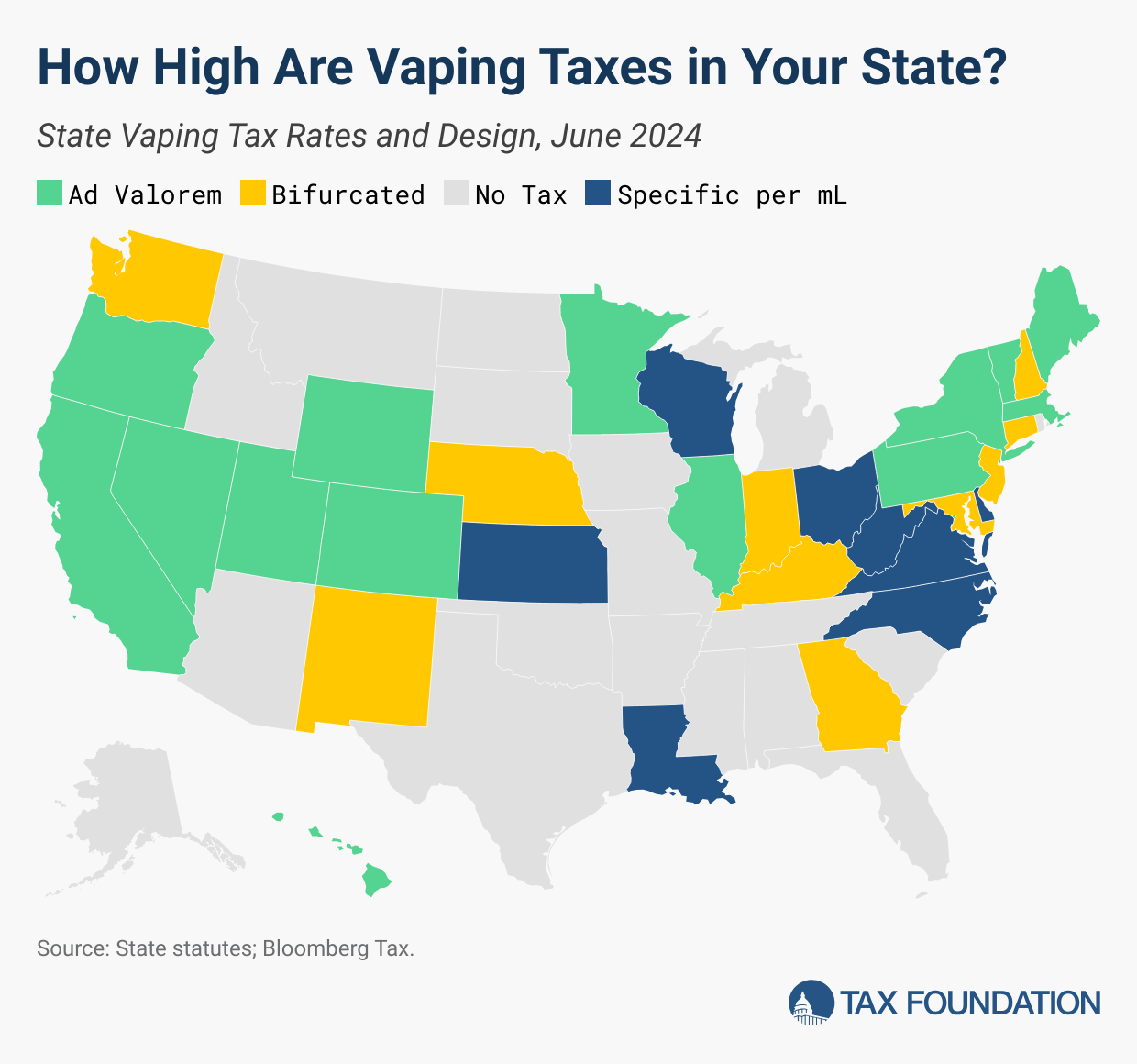Skinny Labeling May Not Be Enough to Avoid Induced Infringement Allegations | Knobbe Martens
Before Moore, Lourie, and Albright. Appeal from the United States District Court for the District of Delaware.
Summary: The totality of the complaint’s allegations must be considered when assessing whether induced patent infringement was sufficiently pleaded.
Amarin Pharma (“Amarin”) sued Hikma Pharmaceuticals (“Hikma”) for induced infringement of two patents. The patents claim methods directed to the treatment of cardiovascular risks (“CV treatment”) with icosapent ethyl. The FDA approved Amarin’s product (Vascepa) for treatment of severe hypertriglyceridemia (“SH treatment”) and later approved it for CV treatment. Hikma sought approval of a “skinny label” for its generic product that would include the SH treatment only. However, Amarin alleged the content of Hikma’s product label, press releases, and marketing materials evidenced Hikma’s intent to induce others to directly infringe by prescribing Hikma’s generic product for the CV treatment covered by Amarin’s patents. The district court separated Amarin’s allegations into those based on Hikma’s product label and those based on Hikma’s public statements. Because it found that neither category alone plausibly pleaded induced infringement, the district court granted Hikma’s motion to dismiss Amarin’s complaint.
The Federal Circuit reversed. The court considered whether the totality of Amarin’s allegations, if found to be true, could provide substantial evidence to support a jury verdict of induced infringement. The Federal Circuit found that while the label lacked instructions for CV treatment, it appeared to encourage use for CV treatment (e.g., overlapping patient population). The court also found that Hikma’s public statements supported Amarin’s allegations. The Federal Circuit found it plausible that Hikma encouraged infringing, off-label use of its product based on (1) Hikma’s press releases that its product was a “generic version” of Amarin’s Vascepa (which is labeled for SH and CV treatment), (2) sales figures showing at least 75% of Vascepa’s sales were for CV treatment, and (3) Hikma’s website, which marketed its product in a category that has infringing and non-infringing uses. The Federal Circuit thus reversed because it found that the totality of the allegations in Amarin’s complaint plausibly stated a claim for induced infringement.
AMARIN PHARMA, INC. v. HIKMA PHARMACEUTICALS USA INC.
Editor: Sean Murray






